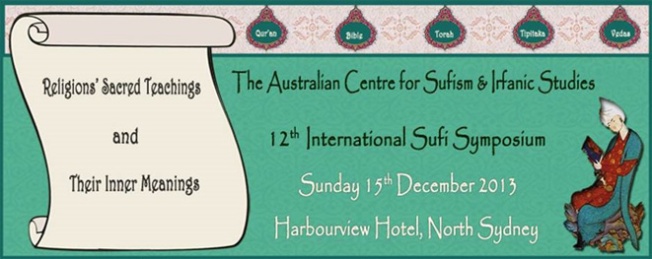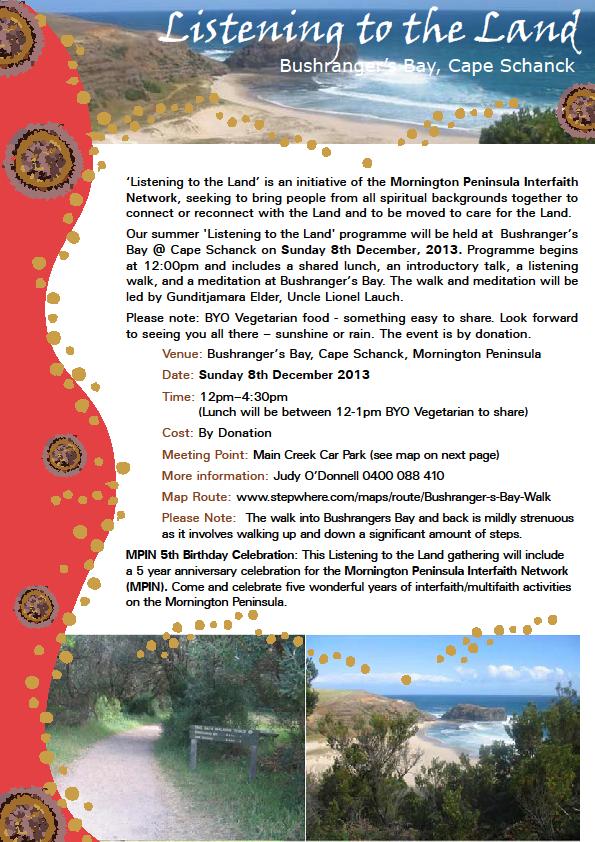
A talk given at the St Philip’s Centre, Leicester
26 November 2013 (part of our Inter Faith Week and SERIC programme)
Introduction
My colleague Heather al-Yousuf, who will be leading us later, mentioned the subject of inter faith marriage when she joined the Christian Muslim Forum five years ago. This is how I introduced Heather to colleagues:
‘She is married to a Shi’a Muslim and is one of the organisers of the Christian-Muslim marriage support group. She produced the Inter Faith Marriage Resource Pack (with Rosalind Birtwistle) which we have made available at a number of Forum events, though none of us are actually promoting inter faith marriage …’
This began to open up a whole new conversation for us. Should we, in order to preserve good Christian-Muslim relations, stay away from this issue? Looking back on those five years I am a little surprised to see that my response to this question fits exactly with where we have ended up and is consistent with our thinking throughout:
‘I think the main issue is helping our religious leaders to continue providing pastoral care and supporting people in their decisions. This could lead to couples feeling less isolated and families/communities less threatened. It raises many of the difficult questions that conversion poses. This is not to say that the Forum will set up any inter faith marriage initiatives, but it is a particularly sensitive area where, God willing, the Forum can be helpful to a range of people, potentially whatever their stance and involvement.
Looking back over the last year, I can say that Christian-Muslim marriage is not the most controversial issue that we have explored, but that’s another story!
The Guidelines
These are some of the issues that we sought to address in our guidelines:
Introduction
My colleague Heather al-Yousuf, who will be leading us later, mentioned the subject of inter faith marriage when she joined the Christian Muslim Forum five years ago. This is how I introduced Heather to colleagues:
‘She is married to a Shi’a Muslim and is one of the organisers of the Christian-Muslim marriage support group. She produced the Inter Faith Marriage Resource Pack (with Rosalind Birtwistle) which we have made available at a number of Forum events, though none of us are actually promoting inter faith marriage …’
This began to open up a whole new conversation for us. Should we, in order to preserve good Christian-Muslim relations, stay away from this issue? Looking back on those five years I am a little surprised to see that my response to this question fits exactly with where we have ended up and is consistent with our thinking throughout:
‘I think the main issue is helping our religious leaders to continue providing pastoral care and supporting people in their decisions. This could lead to couples feeling less isolated and families/communities less threatened. It raises many of the difficult questions that conversion poses. This is not to say that the Forum will set up any inter faith marriage initiatives, but it is a particularly sensitive area where, God willing, the Forum can be helpful to a range of people, potentially whatever their stance and involvement.
Looking back over the last year, I can say that Christian-Muslim marriage is not the most controversial issue that we have explored, but that’s another story!
The Guidelines
These are some of the issues that we sought to address in our guidelines:
- Numbers of mixed relationships are increasing in the UK across all communities and will continue to do so {statistics}. The law (of the land) allows them to do so and they are increasingly normalised in society.
- Within both faith communities there is ‘a spectrum of concern’ about inter faith marriages. These range from outright taboo/prohibition to cautious toleration. Differences in perspective may reflect different faith rules and historical contexts but also different traditions of relationship formation.
- Family crisis: where seen as forbidden, inter faith relationships may precipitate difficult emotions of shame or fear with some associated risks of family breakdown, violence, mental ill-health.
- A (religiously) legitimate marriage ceremony is often key to resolving the initial family and personal crisis over inter faith marriage. However, this can mean decisions over conversion and identification of children is made in a context of pressure/crisis and competition between identities which couples find difficult and divisive.
- Treating marriage as an ‘internal’ issue for family/faith community tends to prioritise one partner’s faith rules over the other partner’s autonomy and authenticity. It sets up competition between the two paerertners’ faiths/identities, or causes dissembling about religion in order to tick the box.
- Inter faith-sensitive leaders, who can respond to nuanced and complex situations are desperately needed.
- Evidence from inter faith couples seems to suggest that authenticity, reciprocity and real acceptance of difference are typical core values of successful long term marriages.
- Less successful IF marriages may be driven by community polarisation – faith becomes a point of conflict, there can be mutual fear of annexation and mutual hostility, or where they feel victimised and excluded by a faith community they may treat faith with ambivalence or avoidance (‘a curse on both your houses’).
- Increasing number of IFMs mean increasing numbers of people of mixed and marginal identities who may identify with and draw meaning from one or more faith traditions, even those feeling excluded from the main community of faith.
- IFMs are an area in which practical and sustained intimacy between the lived experience of faith traditions is disseminated through society. At best such relationships are crucibles of practical theology and working solutions for the issues of ‘coexistence’ that society faces. They create real bonds and unite people of both faiths in one family.
Thus the guidelines focus on:
- ethical pastoral support
- no forced conversion (including nominal conversions)
- prioritising of the welfare of children
- and being welcoming.
The last is a particular favourite of mine in our work, and of other inter faith activists, a welcoming attitude goes a long way.
There is more to this article.
































